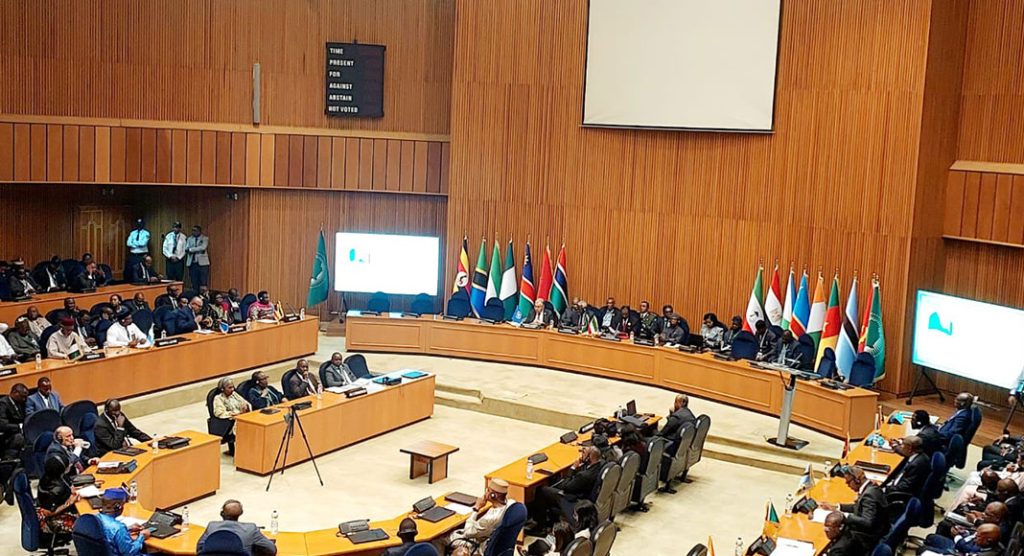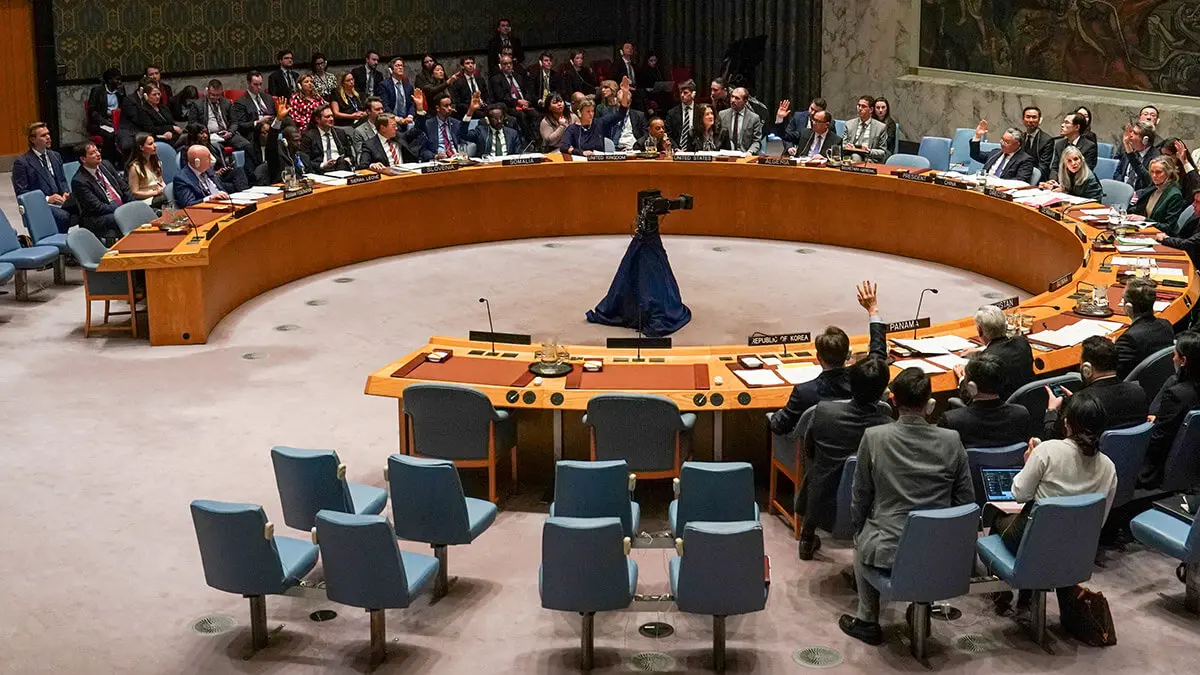The African Union (AU) announced on Wednesday that it will not recognise a “so-called parallel government” in Sudan and urged its member states to follow suit.
This declaration comes after the Rapid Support Forces (RSF), currently engaged in a two-year civil war with the Sudanese government, declared the formation of their government and appointed a prime minister on Saturday.
The AU’s Peace and Security Council stated it “called on all AU Member States and the international community to reject the fragmentation of Sudan and not recognise the so-called ‘parallel government,’ which has serious consequences on the peace efforts and the existential future of the country.”
Sudan remains divided by the conflict, with the army controlling the north, east, and centre—having recently recaptured the capital, Khartoum—while the RSF holds most of Darfur and parts of Kordofan, where recent attacks have resulted in hundreds of deaths, according to local rights groups.
The internationally recognised, army-aligned government, formed in May, is led by former UN official Kamil Idris. In contrast, the RSF’s newly announced “government of peace and unity” named Mohamed Hassan al-Ta’ayshi as prime minister and established a presidential council.
UN officials have warned that this move could deepen Sudan’s fragmentation and hinder diplomatic efforts to end the conflict, which began in April 2023.

The AU statement also “unequivocally condemned all forms of external interference, which is fuelling the Sudanese conflict.”
The United Nations has repeatedly issued warnings about outside forces contributing to the war.
The United Arab Emirates, despite repeated denials, has been widely accused of arming the RSF, a violation of a UN arms embargo on Sudan’s Darfur region, as indicated by numerous reports from UN experts, diplomats, US politicians, and international organisations.
The war originated from a power struggle between army chief Abdel Fattah al-Burhan and RSF leader Mohamed Hamdan Dagalo, who were once allies who jointly ousted Omar al-Bashir in 2019.
Two years later, they led a coup that derailed Sudan’s transition to civilian rule.
The ongoing conflict has resulted in tens of thousands of deaths and created the world’s largest hunger and displacement crises.


 Trending
Trending 